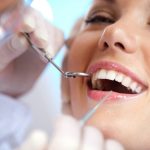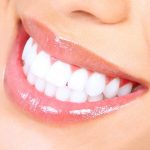Ultimate Guide: How to Brush Your Teeth After Wisdom Teeth Removal
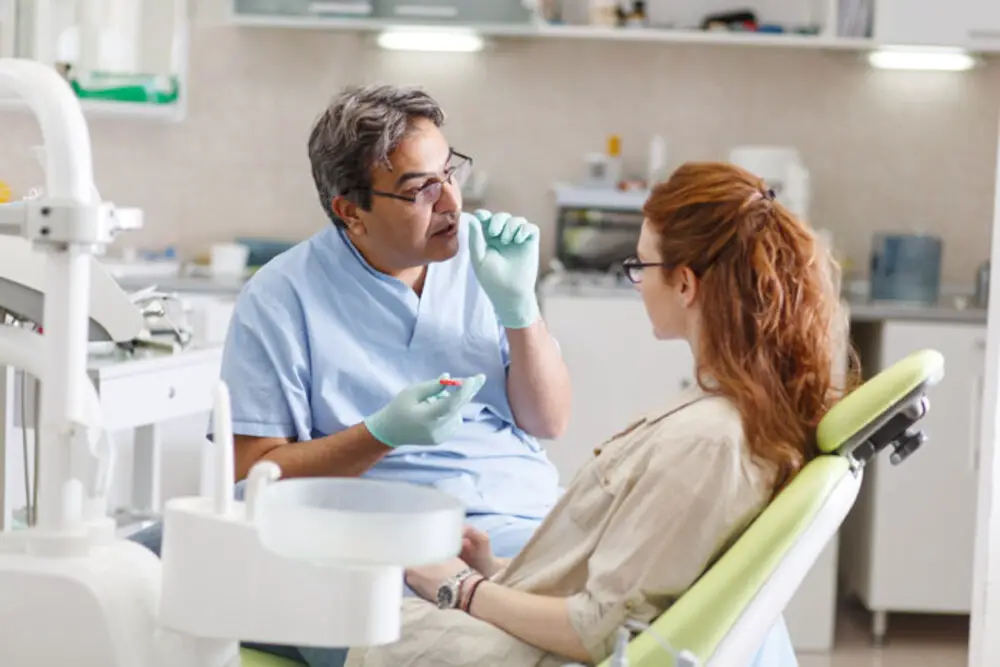
Wisdom teeth removal is a common dental procedure that requires proper care and attention post-surgery. One of the most crucial aspects of recovery after wisdom teeth removal is maintaining good oral hygiene. However, brushing your teeth after wisdom teeth removal can be challenging due to the sensitivity and discomfort in the affected area. If you have recently undergone wisdom teeth extraction, it is essential to learn the proper techniques and methods to brush your teeth effectively without causing any harm or pain. In this ultimate guide, we will provide you with a comprehensive overview of how to brush your teeth after wisdom teeth removal. From the right toothbrush and toothpaste to the correct brushing techniques and tips for managing pain and discomfort, this guide will cover everything you need to know to ensure a smooth and comfortable recovery. Whether you are recovering from a single wisdom tooth extraction or multiple extractions, this guide will provide you with valuable insights and practical advice to help you maintain good oral hygiene and promote faster healing.
Wisdom teeth removal is a common dental procedure that involves removing one or more of the four wisdom teeth, located at the back of the mouth. These teeth can cause numerous problems, such as overcrowding, infection, and pain. The procedure is usually performed under local anesthesia, but in some cases, general anesthesia may be used. The recovery time varies, but most people can return to normal activities within a week. During the recovery period, patients should follow specific instructions to ensure proper healing, such as avoiding hard or crunchy foods and practicing good oral hygiene. Brushing your teeth after wisdom teeth removal is crucial for maintaining oral health and preventing infection, but it’s essential to do it correctly to avoid irritating the surgical site.
Proper oral hygiene is crucial after surgery, particularly after wisdom teeth removal. After the procedure, blood clots form in the empty sockets, which can be dislodged by improper brushing or flossing, leading to a painful condition called dry socket. It is essential to keep the mouth clean to prevent infection and promote healing. This includes brushing gently around the surgical site, avoiding spitting or rinsing for the first 24 hours, and using a medicated mouthwash as prescribed. Neglecting oral hygiene after surgery can lead to complications, so it is important to follow the dentist’s instructions carefully and maintain good oral hygiene habits to ensure a speedy and successful recovery.
When can I start brushing my teeth after wisdom teeth removal?
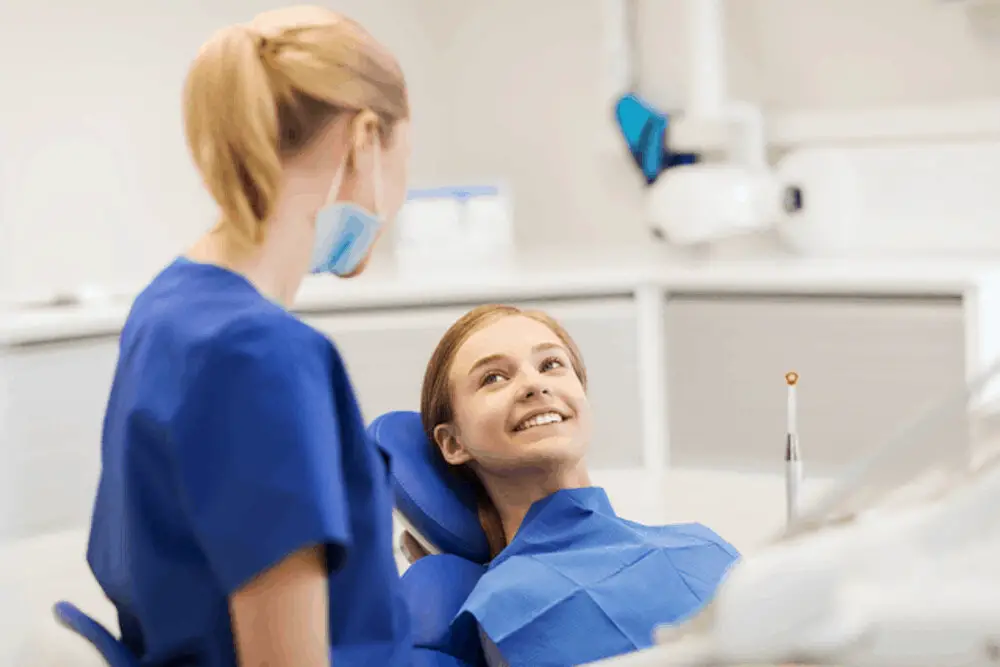
Wisdom teeth removal is a common dental procedure that requires special care and attention in the post-operative period. Brushing your teeth after wisdom teeth removal is crucial for maintaining good oral hygiene and preventing infections. However, it is essential to wait for a few days before brushing your teeth to avoid any complications. Generally, dentists recommend waiting for at least 24 hours before brushing your teeth after wisdom teeth removal. This waiting period allows the blood clot to form and stabilize, preventing any bleeding or infection. After 24 hours, you can start brushing your teeth, but you must be gentle and avoid the extraction site. Use a soft-bristled toothbrush, and brush your teeth slowly and carefully, making sure you don’t disturb the blood clot. It is also crucial to avoid using mouthwash or rinsing your mouth vigorously for the first few days after wisdom teeth removal. This can cause the blood clot to dislodge, leading to a dry socket or infection. Instead, rinse your mouth gently with warm salt water after every meal to keep the extraction site clean and reduce inflammation. As your mouth heals, you can gradually resume your regular brushing routine, but make sure to be gentle around the extraction site. Remember to change your toothbrush regularly and avoid brushing too hard, as this can damage your teeth and gums. By following these guidelines, you can ensure a smooth and speedy recovery after wisdom teeth removal and maintain excellent oral hygiene.
After undergoing wisdom teeth removal surgery, it is highly recommended to delay brushing for at least 24 hours. This is due to the fact that during the surgery, the gums and surrounding tissues may have been traumatized, causing them to be sensitive and vulnerable to further irritation. Brushing too soon after surgery may cause bleeding and discomfort, leading to complications in the healing process. Additionally, the use of a toothbrush may disturb the blood clot that forms over the extraction site, which can increase the risk of dry socket – a painful condition where the blood clot is dislodged, exposing the bone underneath. Therefore, it is crucial to give your mouth time to heal before resuming normal brushing habits.
After undergoing wisdom teeth removal, it is essential to follow proper aftercare guidelines to minimize the risk of complications. While it is important to maintain good oral hygiene, brushing immediately after the surgery is not recommended. It is recommended to wait for at least 24 hours before starting to brush your teeth to allow the wound to heal. Once the initial healing period has passed, it is safe to start brushing again, but it is important to be gentle and avoid brushing the surgical site directly. Using a soft-bristled toothbrush and non-alcoholic mouthwash can help keep your mouth clean without causing any discomfort or irritation. It is also important to follow your dentist’s instructions and attend follow-up appointments to ensure proper healing and avoid any potential complications.
Brushing your teeth gently is essential to avoid discomfort and injury, especially after wisdom teeth removal. It is recommended to use a soft-bristled toothbrush and apply gentle pressure while brushing. Avoid using a back-and-forth motion, as it can cause gum irritation and bleeding. Instead, use a circular motion to remove food particles and plaque. It’s also important to avoid brushing near the extraction site for the first 24 hours after surgery to prevent dislodging the blood clot. Additionally, rinse your mouth with warm saltwater to soothe the gums and promote healing. By following these tips, you can ensure proper oral hygiene without causing any discomfort or injury after wisdom teeth removal.
What kind of toothbrush should I use?
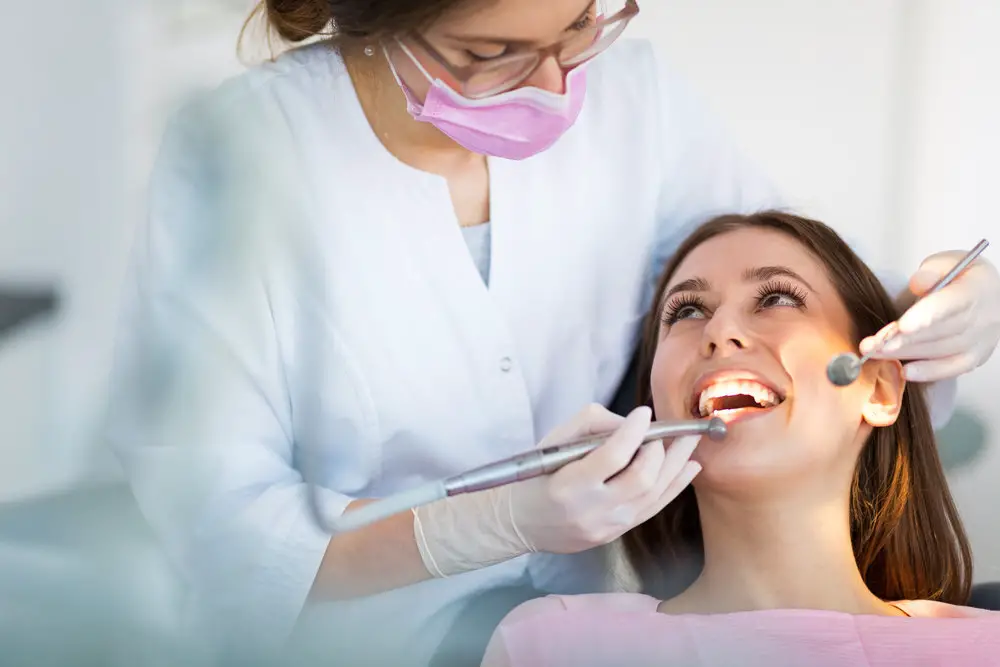
Choosing the right toothbrush is essential for maintaining good oral hygiene, especially after wisdom teeth removal. A soft-bristled toothbrush is the best option since it is gentle on the gums and teeth. Hard bristles, on the other hand, can cause damage to the gums and lead to gum recession. An electric toothbrush can also be a good option since it can clean teeth more effectively and efficiently compared to a manual toothbrush. However, it is important to choose an electric toothbrush with a soft bristle head to avoid any damage to the teeth and gums. Another important factor to consider when choosing a toothbrush is the size of the brush head. A smaller brush head is more effective at cleaning hard-to-reach areas in the mouth, such as the back teeth. Additionally, a toothbrush with a flexible neck can also make it easier to reach these areas. When it comes to toothbrush shape, a compact and angled brush can be more effective at removing plaque and food particles than a straight one. Ultimately, the best toothbrush for you is one that you feel comfortable using and that can effectively clean your teeth and gums.
When it comes to brushing your teeth after wisdom teeth removal, the type of brush you use is crucial. Soft-bristled brushes are the most recommended, as they are gentle on the sensitive areas and do not cause any further damage or irritation. On the other hand, medium or hard-bristled brushes can be too rough and abrasive, leading to bleeding or discomfort. It’s important to choose a brush with soft, rounded bristles that can clean effectively without causing any harm. Moreover, brushing gently and avoiding vigorous scrubbing is key to ensuring proper oral hygiene and promoting healing after wisdom teeth extraction.
When it comes to brushing your teeth after wisdom teeth removal, the debate of manual vs electric toothbrushes often arises. Manual toothbrushes are the traditional option that many people are used to. They are affordable, easy to use, and come in a variety of bristle types and sizes. However, they require more effort and may not be as effective at removing plaque and debris as electric toothbrushes. On the other hand, electric toothbrushes are more expensive but can provide a more thorough cleaning experience. They have built-in timers to ensure that you brush for the recommended two minutes and often come with various modes for sensitive teeth or gum care. Ultimately, the choice between manual and electric toothbrushes comes down to personal preference and budget, but both can effectively clean your teeth after wisdom teeth removal.
After undergoing wisdom teeth removal surgery, it is crucial to use a toothbrush that is gentle on your sensitive gums and teeth. A soft-bristled toothbrush is the best option as it is less likely to cause irritation or bleeding. It is also essential to choose a toothbrush with a small head, allowing you to reach all areas of your mouth without causing discomfort. An electric toothbrush can be an excellent option as it can provide a thorough clean without requiring excessive pressure on your teeth and gums. It is important to avoid using a hard-bristled toothbrush or brushing too vigorously, as this can cause damage to your healing gums and prolong the recovery process. By choosing the right toothbrush and brushing gently and carefully, you can promote healing and maintain good oral hygiene after wisdom teeth removal surgery.
How should I brush my teeth after wisdom teeth removal?
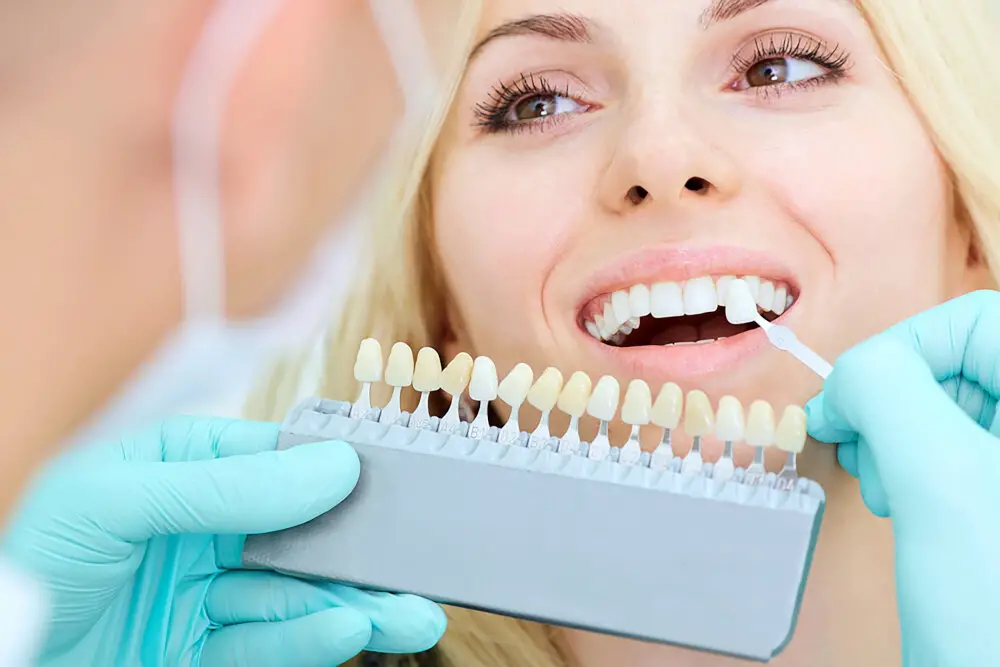
After wisdom teeth removal, it is crucial to take proper care of your mouth to ensure that the healing process goes smoothly. One of the most important things you can do is to brush your teeth carefully and thoroughly. However, it is essential to be gentle and cautious when brushing your teeth after wisdom teeth removal. You should avoid brushing the area where the wisdom teeth were extracted for the first few days. Instead, focus on brushing your other teeth gently and thoroughly. You can use a soft-bristled toothbrush to clean your teeth and gums gently. When brushing your teeth after wisdom teeth removal, it is important to use a gentle touch. You should avoid scrubbing your teeth and gums aggressively, as this can cause irritation and delay the healing process. Instead, use gentle circular motions to clean your teeth and gums thoroughly. Be sure to spend at least two minutes brushing your teeth, and don’t forget to brush your tongue as well. Rinse your mouth with warm water to remove any debris and bacteria that may have accumulated. You can also use a saltwater rinse to help promote healing and prevent infection. By following these guidelines, you can ensure that your mouth heals properly and that your teeth and gums remain healthy and clean.
When it comes to brushing your teeth after wisdom teeth removal, it’s important to use a gentle brushing technique to avoid irritating the surgical site. Begin by wetting your toothbrush and adding a pea-sized amount of toothpaste. Hold your toothbrush at a 45-degree angle to your teeth and use circular, gentle motions to brush the front, back, and top of each tooth. Pay special attention to the areas around your wisdom teeth, but be careful not to brush directly over the surgical site. Use a soft-bristled toothbrush to avoid causing any discomfort, and don’t forget to brush your tongue and the roof of your mouth to remove any bacteria or food particles. Rinse your mouth thoroughly with warm salt water after brushing to help reduce swelling and promote healing.
When it comes to brushing your teeth after wisdom teeth removal, there are specific areas that you should focus on to ensure a speedy recovery. Firstly, it’s essential to brush gently and avoid the surgical site for the first 24 hours to prevent bleeding or dislodging the blood clot. After that, you should focus on the teeth closest to the extraction site, brushing gently in a circular motion, and taking care not to brush too hard. Pay close attention to the gumline, where bacteria tend to accumulate, and use a fluoride toothpaste to strengthen your teeth. Make sure to brush your tongue and the roof of your mouth to eliminate bacteria that can cause bad breath, and rinse thoroughly with an antiseptic mouthwash to keep your mouth clean and fresh.
Brushing your teeth after wisdom teeth removal can be a daunting task, but it is crucial to maintain good oral hygiene during the healing process. However, it can also cause pain and discomfort if not done correctly. To avoid this, it is important to use a soft-bristled toothbrush and to brush gently. Avoid brushing the surgical site directly and instead focus on the surrounding areas. Additionally, rinse your mouth with warm salt water before brushing to help reduce swelling and inflammation. It is also important to take your time while brushing and to avoid aggressive brushing, as this can cause further irritation. By following these tips, you can maintain good oral hygiene without experiencing any pain or discomfort.
Other oral hygiene tips after wisdom teeth removal
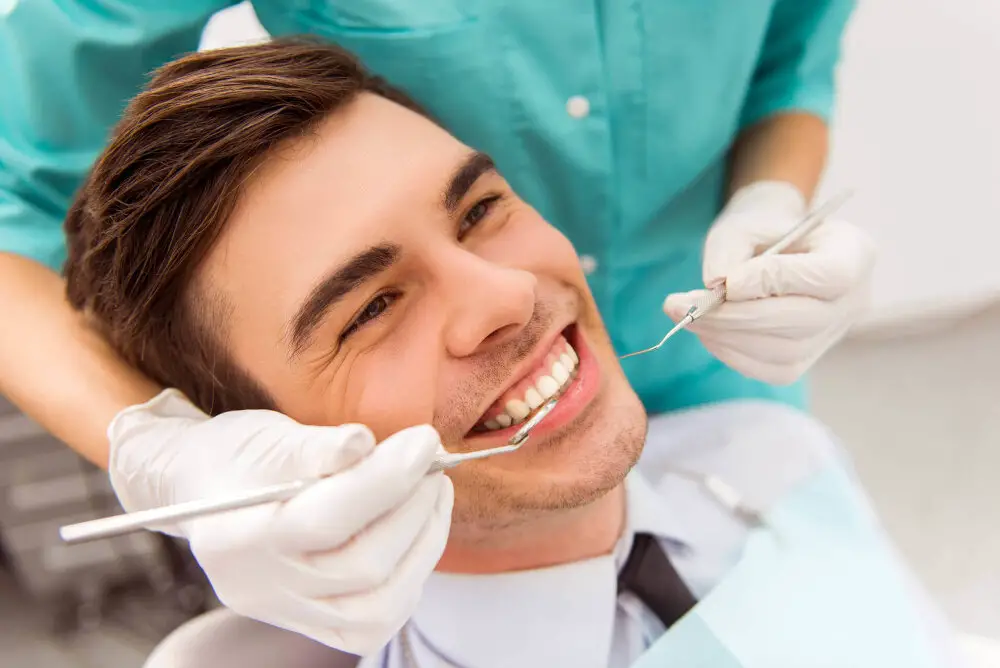
Other oral hygiene tips after wisdom teeth removal include avoiding smoking, using mouthwash, and gently brushing your teeth. Smoking can cause dry socket, which can be painful and lead to infections. Mouthwash can help kill bacteria and soothe any discomfort in your mouth. However, it is important to avoid mouthwash that contains alcohol as it can be too harsh on the sensitive tissues in your mouth. Instead, opt for an alcohol-free mouthwash. In addition to these tips, using a warm saltwater rinse can also help soothe any discomfort and reduce swelling in your mouth. It is also important to avoid hard, crunchy, or sticky foods for a few days after your wisdom teeth removal. Instead, opt for softer foods like soups, smoothies, and mashed potatoes. Remember to take it easy and give your body the time it needs to heal properly. By following these tips and practicing good oral hygiene, you can ensure a smooth recovery after your wisdom teeth removal.
Rinsing with salt water is an essential step to follow after wisdom teeth removal. Saltwater helps in reducing inflammation and swelling, which can cause discomfort and pain. Saltwater also helps in preventing infections by removing bacteria and food particles from the mouth. Moreover, saltwater is a natural antiseptic that helps in healing the wounds quickly. Rinsing with saltwater is also an effective way to remove any blood clots that may have formed in the mouth after the surgery. Overall, rinsing with salt water is a simple and essential step to follow to ensure a speedy and comfortable recovery after wisdom teeth removal.
It is extremely important to avoid smoking and using straws after wisdom teeth removal. Smoking can delay the healing process and increase the chances of infection, while using straws can create suction that may dislodge the blood clot and lead to a painful condition known as dry socket. Dry socket occurs when the blood clot that forms after extraction is dislodged, exposing the underlying bone and nerves to air, food, and fluids. This can cause severe pain and delay healing. To prevent dry socket, avoid smoking and using straws for at least 72 hours after the procedure. Instead, focus on gentle rinsing with salt water and taking pain medication as prescribed by your dentist or oral surgeon.
When it comes to oral hygiene products after wisdom teeth removal, there are a few recommendations to keep in mind. Firstly, it’s important to avoid using any alcohol-based mouthwashes as they can cause irritation and delay the healing process. Instead, opt for a gentle, non-alcoholic mouthwash that can help reduce bacteria and keep your mouth feeling fresh. Additionally, using a saltwater rinse can be an effective way to promote healing and reduce inflammation in the days following your procedure. As for toothpaste, choose one that is specifically formulated for sensitive teeth and gums, and avoid brushing too aggressively to prevent any damage to the surgical site. Lastly, using a soft-bristled toothbrush is essential to avoid any further irritation or discomfort. By following these recommendations, you can ensure your oral hygiene routine is effective and gentle during the recovery process after wisdom teeth removal.
After having your wisdom teeth removed, it is essential to maintain proper oral hygiene to prevent infection and promote healing. Firstly, avoid brushing the surgical site for the first 24 hours to allow blood clots to form. After 24 hours, use a soft-bristled toothbrush and gently clean the teeth and gums, being careful not to disturb the surgical site. Rinse your mouth with warm salt water several times a day to reduce swelling and kill bacteria. Avoid smoking and drinking through a straw for at least a week, as this can dislodge the blood clot and delay healing. It is also important to maintain a healthy diet and stay hydrated to aid in the healing process. If you experience any severe pain or bleeding, contact your dentist or oral surgeon immediately. With proper oral hygiene, you can ensure a smooth and speedy recovery after wisdom teeth removal.
It is incredibly important to follow the instructions given to you by your dentist or oral surgeon after a wisdom teeth removal procedure. Ignoring these instructions could lead to complications such as dry socket, infection, and prolonged healing time. Your dentist or oral surgeon has the expertise and experience to provide you with the best advice on how to care for your mouth after the procedure. This may include specific instructions on brushing and flossing techniques, what types of food to eat, and when to schedule follow-up appointments. By following their instructions carefully, you can help ensure a smooth and successful recovery.
Maintaining oral hygiene after a wisdom teeth removal procedure is crucial for a speedy recovery. Failure to do so could result in complications such as infections, dry socket, and prolonged healing time. Therefore, it is important to prioritize oral hygiene by following the recommended brushing and rinsing techniques. This includes using a soft-bristled brush and gentle strokes to avoid irritation, and rinsing with warm saltwater to decrease inflammation and promote healing. Additionally, avoiding hard-to-chew foods and smoking will also aid in the healing process. By prioritizing oral hygiene, patients can ensure a smooth and uncomplicated recovery, and enjoy a healthy, pain-free smile in no time.
Conclusion

In conclusion, brushing your teeth after wisdom teeth removal is crucial to a healthy and speedy recovery. It can be a challenging and uncomfortable process, but following the ultimate guide we have provided can make it easier and more effective. Remember to be gentle, use a soft-bristled toothbrush, avoid the extraction sites, and always follow your dentist’s instructions. Taking care of your oral health post-surgery will not only help you heal faster but also prevent any potential complications. So, be diligent, patient, and consistent, and you’ll be back to your normal routine in no time!

